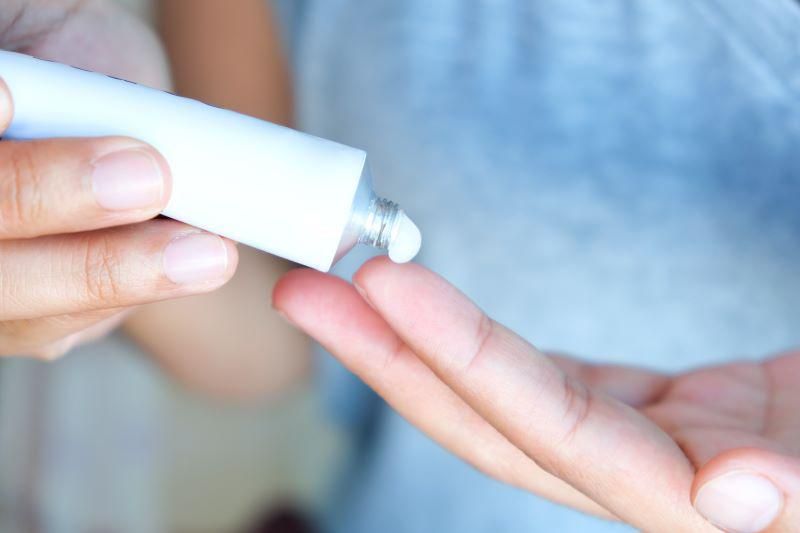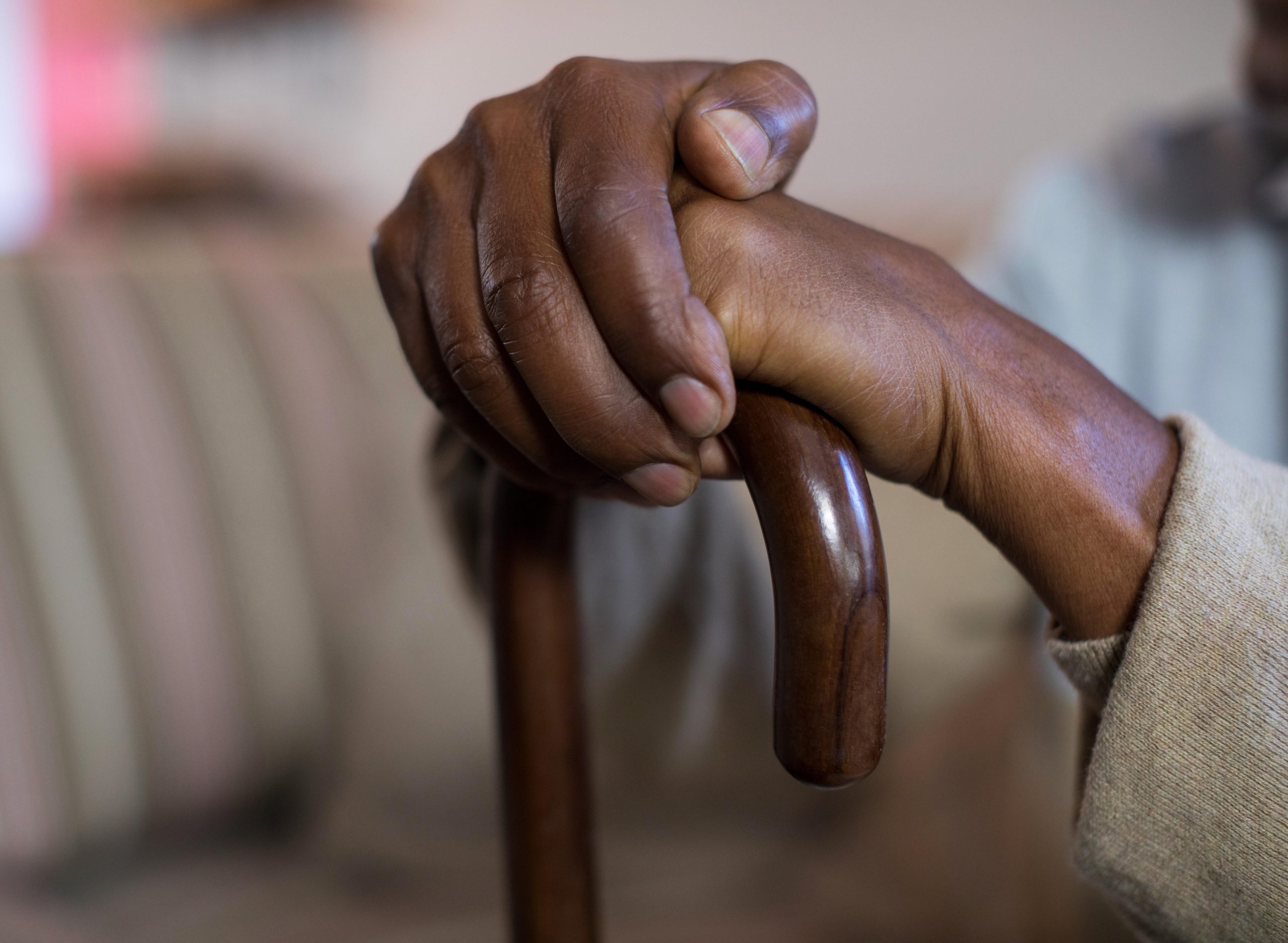
Recognizing the signs that someone is considering suicide could help save a life. “Emergency physicians see many people who are struggling silently with their mental health,” said Dr. Gillian Schmitz, president of the American College of Emergency Physicians. “One of the most impactful things anyone can do to prevent a tragedy is to spot signs… read on > read on >






























